SA remembers Lucky Dube
It’s been 10 years since South African reggae musician Lucky Dube was killed during an armed hijacking. The teacher and family man had a simple political message that called for people all over the world to unite despite their differences.
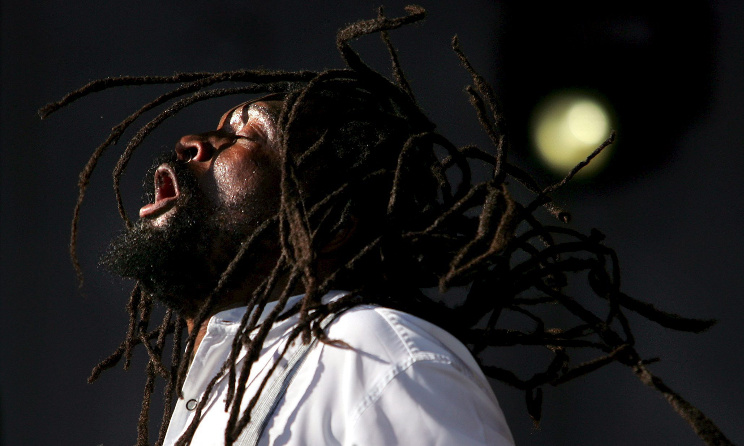 Lucky Dube's music called for people to unite regardless of their race and ethnicity.
Lucky Dube's music called for people to unite regardless of their race and ethnicity.
The reggae legend was named Lucky by his mother after numerous failed attempts at having children. That name proved to be self-fulfilling, as her child became a world renowned artist in a genre that was barely making waves in South Africa.
Dube started his career as a mbaqanga artist in 1982 with the band The Love Brothers alongside his cousin and founder of the band, Richard Siluma. When he was young he was part of a school choir in Mpumalanga province. His first attempt at reggae was in 1985 with the release of Rastas Never Dies. The album wasn’t a success. He became a legend with subsequent albums.
Looking at the Dube discography, the album titles are suggestive of his activist acumen: Think About the Children (1985), Slave (1987), Together As One (1988), Prisoner (1989), Captured Live (1990), House of Exile (1991), Victims (1993).
These albums were released during the grim apartheid years that saw segregation and subordination of black South Africans through legislation such as the Immorality Act, which forbade and criminalised interracial relationships.
Although Lucky Dube was not an active member of any resistance movement, his music found a place in criticising the oppressive National Party government. Rastas Never Dies was banned for its political position. Any opposition to the government was silenced with anti-apartheid artists investigated by the state police and others forced into self-exile.
Following the elections in 1994, South Africa was liberated from the chokehold of the apartheid regime. Lucky Dube spoke out against the new government led by African National Congress (ANC), which since coming into power has been accused of gross corruption.
“Lucky Dube was apolitical but he had ideas about how the political system should function,” said Darryl Heilbrunn, general manager of Downtown Studios in Johannesburg where Dube recorded most of his albums.
“He believed in good governance and that young people should be the ones to govern the country as opposed to old leaders who are out of touch with what the youth actually need.”
Heilbrunn said Dube was also a man who believed in honesty, humility and respect, and had raised his children according to these principles.
“I used to come to the studio with my two sons. Lucky would always joke with them. He would also ask: ‘Are you respecting your father?’ He taught them that respect is important.
“My sons and were devastated with his tragic passing and to honour him we called the second floor of the Downtown Music Hub [from which Dube ran his management company] the Lucky Dube Floor.”
As much as Lucky Dube was grounded in his political beliefs, he also stood firm to his meticulous work ethic. “Nobody was more professional than Lucky,” Heilbrunn said . “When he got into the studio he did not want any visitors. It was a sacred place. The only two people he would allow into the studio were myself and his producer Dave Segal.”
Dube’s dreadlocks were tied to his persona. Persons involved in Rastafarianism and reggae are often perceived as users of marijuana, but Dube believed in a healthy lifestyle and as such did not use the recreational drug as people might have expected. He said Rastafarianism was about "fighting for justice, fighting for togetherness, not for going around saying Jah Rastafari.”






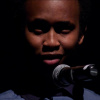











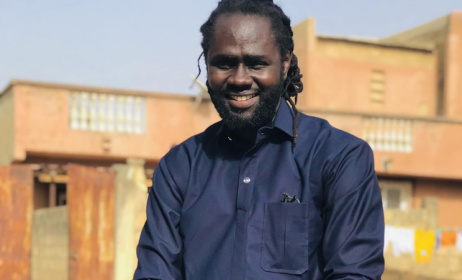





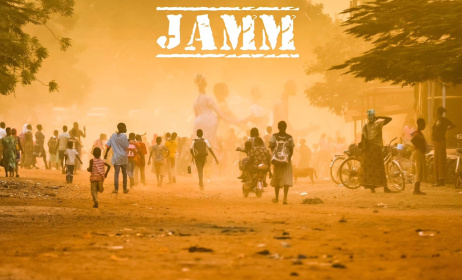
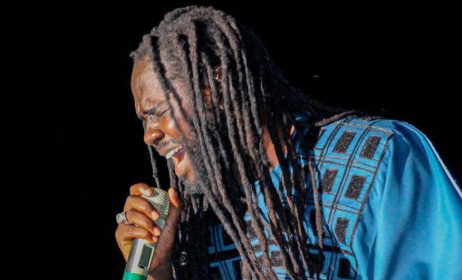

Commentaires
s'identifier or register to post comments